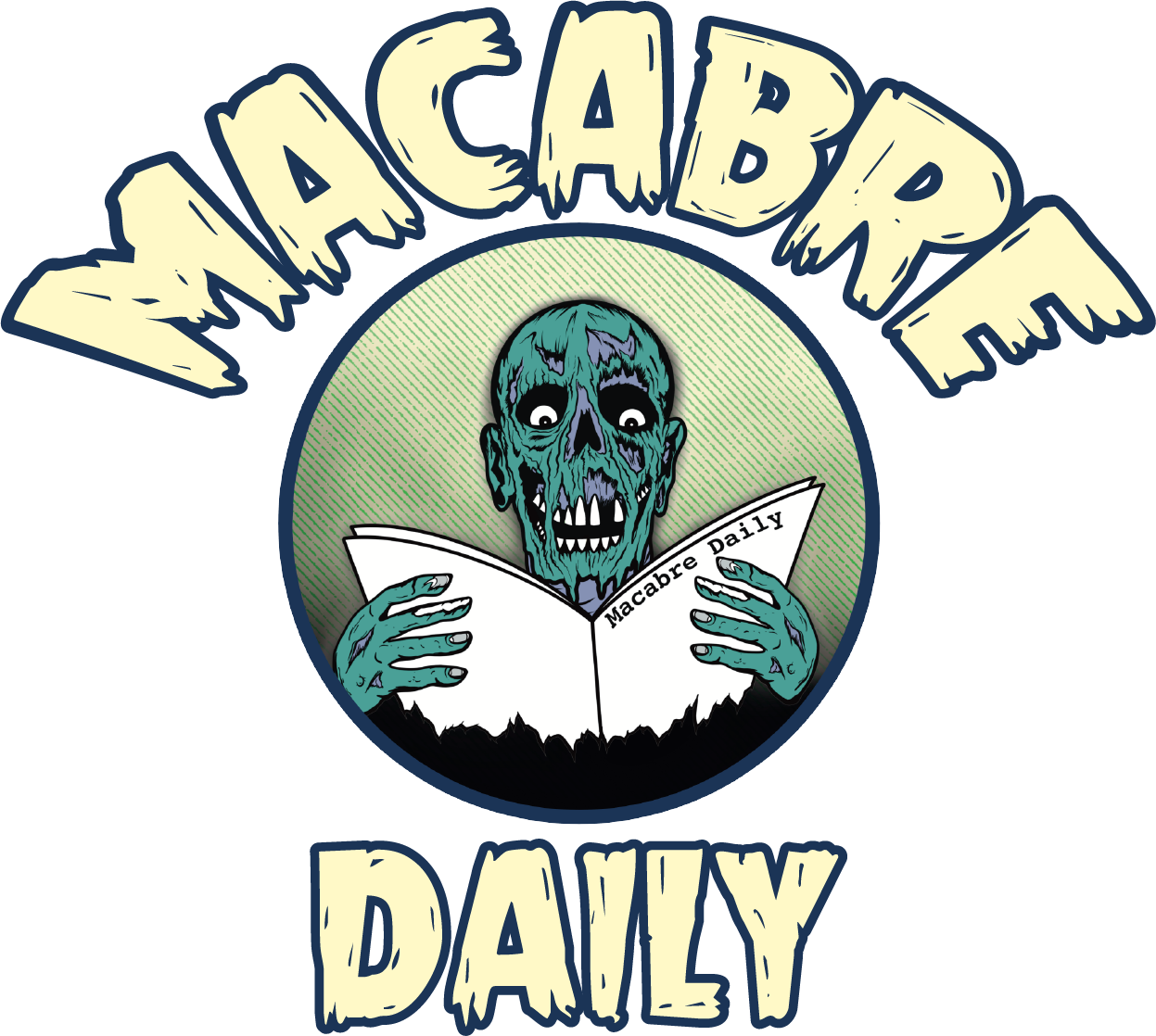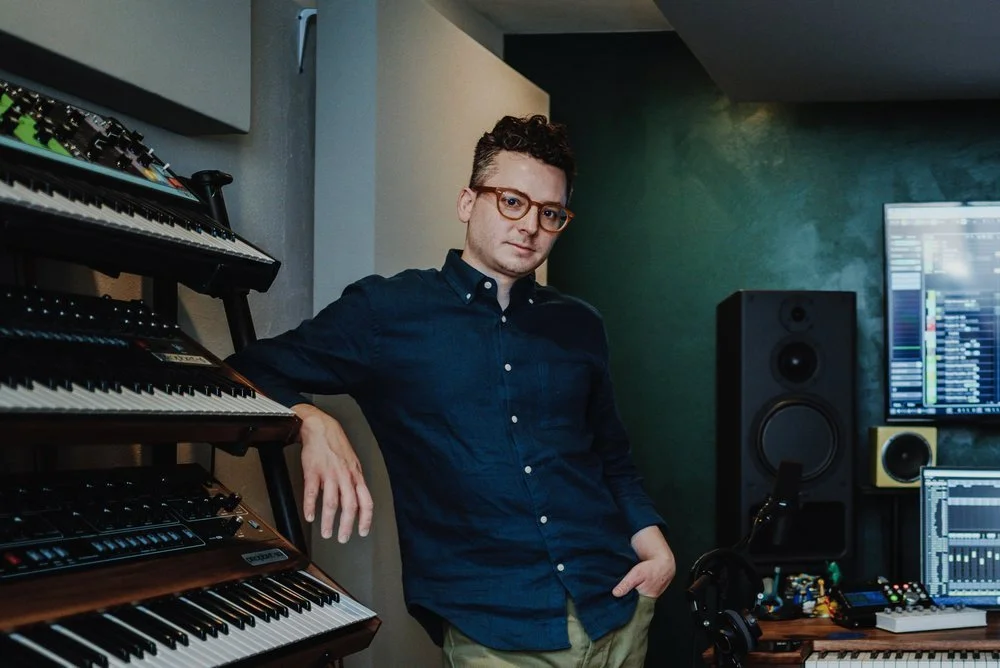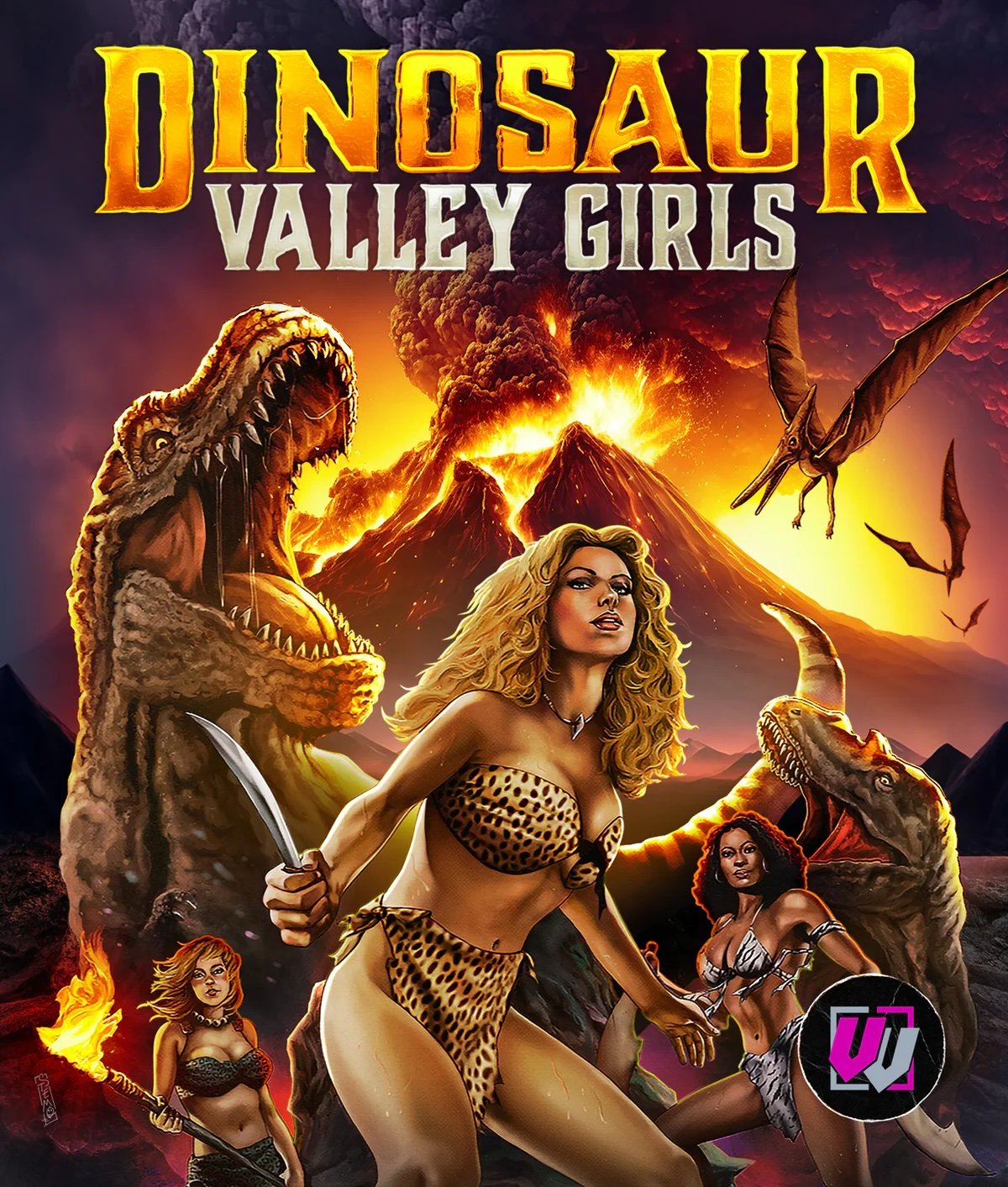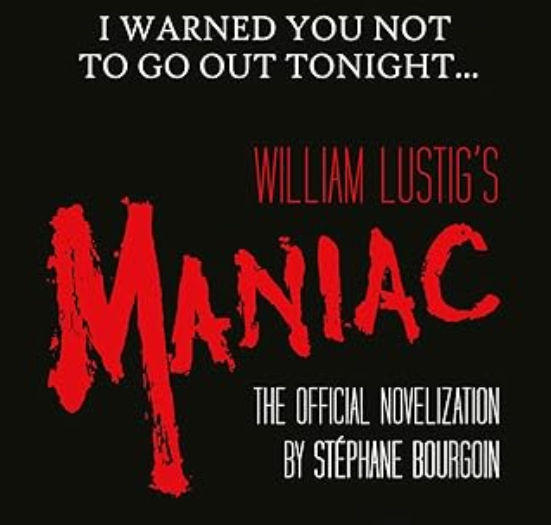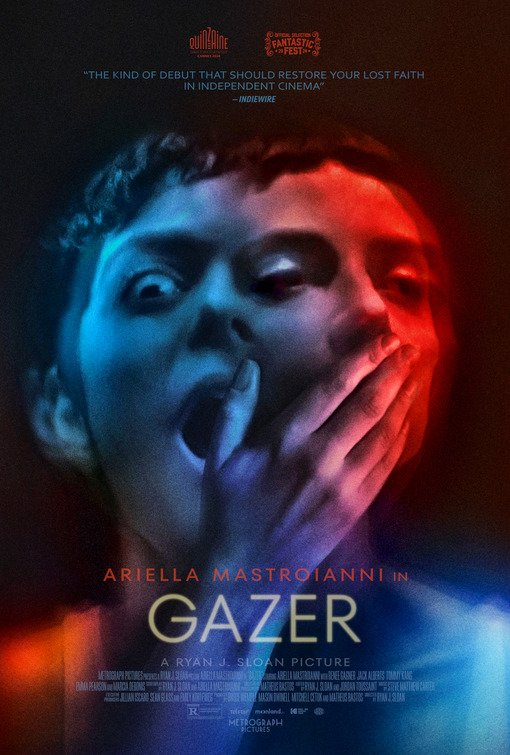Ian Hultquist Talks Composing the Score for 'The Walking Dead: Dead City' (INTERVIEW)
Composer, Ian Hultquist
With the premiere of AMC’s new spinoff series ‘The Walking Dead: Dead City’ in full swing, fans of TWD are clamoring for more.
MacabreDaily had the pleasure of interviewing Ian Hultquist, the composer for The Walking Dead: Dead City. Mr. Hultquist has composed the scores for several films, documentaries, and TV shows, including Night Teeth, Rosaline, Dickinson, and I Know What You Did Last Summer (Amazon original series). He was also one of the founding members of the band Passion Pit, which started in Boston, MA where he studied Film Scoring at Berklee College of Music. In 2014, he, his wife, and fellow composer, Sofia degli Alessandri-Hultquist (Drum & Lace) relocated to Los Angeles, California so that he could fully dedicate himself to film scoring.
We had a great conversation discussing The Walking Dead: Dead City score and some more generalized talks about his work with film scoring. So let’s get into it.
“Where did your inspiration come from when composing the score for Dead City?”
Ian Hultquist: “A lot of it was coming from the story itself. It was a mix between that I think, and the location of decrepit Manhattan. Honestly, I didn’t really get to see a lot of it til’ towards the end because a lot of it was visual effects, but they did do as much as I could in camera. I had a very pretty vivid idea of what it was going to end up looking like. But yeah, a lot of it was just like the emotion that’s happening between these characters, and knowing a bit of the history they had been through. I didn’t watch the entirety of the original show but I watched almost all of it, and I was very familiar with these characters. It’s interesting approaching it as someone working on the show because I was always just a fan of it before and I’m familiar with what everyone had gone through and the journeys they’ve been on. It was really just kind of paying attention to the emotion and the trauma that everyone’s experienced.”
“So I read that you had a few friends design samples and sounds specifically for the show, do you typically like this approach and do you find it helpful?”
Ian Hultquist: “Yeah, I don’t always get to do it and not every project requires this much sound design, but this show thankfully had a playing field for that, and I love to collaborate with people. My favorite scores are the ones where I get to work with other people and musicians, and they just come up with sounds and ideas that I wouldn’t think of on my own. There might be different locations that inspire them for example, one of the people that I worked with, Ben Van Vlissingen, he happened to be in rural Maine and he went with a couple of friends to these abandoned warehouses that literally looked like Dead City sets. They were banging on walls, banging on tubes, like all these crazy things that they could find, yelling down long echoed hallways. Just collecting a bunch of source material to see what we could use. I wasn’t in Maine, so I would never come up with sounds like that. I love to work with people, it always makes it feel more exciting and fun. It’s honestly part of the reason why I like working with TV so much because you meet with everyone so frequently you really feel like you’re on a team. I love doing film as well but sometimes it can feel very isolating. So yeah I’m a big fan of collaboration/recording musicians, whenever I can do that.”
“I know the full Dead City soundtrack was recently released, track to track it just flows so well together. Do you intentionally aim for this or does it just happen that way?”
Ian Hultquist: “I’m glad you said that because I actually do spend a lot of time trying to make it like an album as much as I can. This show was tricky because a lot of the music I write is under dialogue, so it might not be the most exciting piece of music but it looks great on screen. So that is tricky to find, to weed through it all, and see what could work as like an interesting sonic piece on an album that can then flow into the next thing. So yeah, anytime I do a soundtrack I try and make sure that it feels fun to listen to and is a good representation of what the score is, hopefully without boring anyone.”
“Do you also pick some of the tracks that are implemented in the series? For example, in the first episode the truck that plays the eerie tune that the Walkers follow?”
Ian Hultquist: “Not on this one, that track I think was found through conversations between our music supervisor, Michelle Johnson, and then our showrunner/creator Eli Jorne. I think they had a lot of conversations about that track, and without spoiling anything, it’s going to come back into play in a big way later in the season. It’s funny, this season doesn’t have many licenses outside of the score. There’s one in episode three (I don’t want to say anything) but it’s a really nice moment. But yeah, a lot of it is just the original score, I think the original show did that more often. It’s always different, I don’t always get the chance to comment on a song that goes in, I do sometimes more on the film side maybe, especially if it’s a close-knit crew if I’m really getting along with the director and everyone. A lot of the time the music supervisor and the director are kind of running that side of things.”
“Did you listen to previous scores from the other season of The Walking Dead to get an idea of how you wanted the score for Dead City to be composed?”
Ian Hultquist: “I listened to it very briefly but only as a resource of knowing what I shouldn’t do. A ground rule from the beginning between Eli and I was like “We don’t want this to be the original show.” We want this to be a new thing, we’re in a new environment, and it’s stuff we’ve never seen before, like yes these characters are moving over from that place and there’s a lot of events in their lives that are brought up that connect to the original show, but musically we didn’t look to have any connection. Hopefully, I kept it fresh and original.”
“I know you were prevalent in the music scene with Passion Pit, do you prefer now doing scoring for television and film?”
Ian Hultquist: “ So I actually majored in film scoring at college before Passion Pit kind of went off the ground. It was something I had in mind and what drew me to it is I’ve always been obsessed with film, ever since I was a little kid. I was never behind the camera making it but I was just kind of observing it and absorbing it and just talking about it and thinking about it all the time. At the same time, I was also playing music. It seems silly but I was like “How do I combine these two loves of mine?” And I was like “I guess I can do film scoring.” It took a while to feel comfortable with it because at first, I was like “You can only do film scoring if you’re John Williams” and obviously not many of us are. It took a while for me to think that was actually something I could achieve. I think I’ve been scoring full-time now for almost a decade? I left the band in 2014 so almost a decade, and I’ve been loving it, it’s a very challenging job and can be tough at times but I love doing it. Especially a show like this where there’s kind of a built-in audience for it so you know people are going to see it. On one hand, it’s really nerve-wracking because you know people are going to see it, but on the other hand, it’s exciting because I’ve worked on other things that I love deeply but just like hasn’t really found the biggest audience. It’s cool to see how this one is going to go with new faces.
“Do you have a specific genre that you enjoy composing the most?”
Ian Hultquist: “Honestly, I like writing melody. It’s funny because almost my entire catalog is very dark, ominous scores, but if I had the chance I would love to work with a big orchestra and do something cool. I love doing this too but honestly, it gets challenging after a while because you still want to bring emotion to it and don’t want to be boring. It’s tricky to keep reinventing the wheel a little bit when you have this type of score happen but I think that’s part of the reason why I like working with other musicians and composers to help bring new sonic ideas in because then you kind of feel like it’s fresh and original instead of me just kind of using the same sounds over and over. I have room in my heart for both, I like melodies somedays, and somedays I just want to be loud, there are a few ques actually in the show where we have to get pretty grungy-rock at times and that was pretty fun.”
“What do you find most difficult about composing a score for a series?”
Ian Hultquist: “That’s a good question. I think finding the tone quickly, a lot of the times you’re just kind of thrown in and it’s hard to really land on your feet right away. Sometimes it’s not until episode like 4 or 5 in a show where you’re like “Oh this is what the show sounds like.” At the same time, I think one of the things I love most about working on a TV show is the connective tissue of themes and motifs throughout the season and organically finding new ways to make them grow. For example, I wrote a new theme for Negan this season, and I’m really proud of myself for the way I brought it back, this really pivotal moment in the final episode that I found to be very emotionally powerful, so hopefully other people will too. It’s moments like that are what really make me excited about it.”
“I just wanted to say without giving away too many spoilers, I noticed from watching the episodes and seeing the emotion you put into the score and how it meshes so well per scene and per character, I just think it’s great.”
Ian Hultquist: Thank you, thanks so much.
“I really appreciate you having the time to come and chat with me, I know you’ve been quite busy with everything going on. But that’s all I have for you today, thank you again. It was so nice meeting you.”
Ian Hultquist: You’re welcome, it was nice meeting you too.
You can check out the full score by Ian Hultquist for The Walking Dead: Dead City now on Apple Music and other streaming services. Make sure to tune in to AMC on Sunday, July 9th, for the premiere of the fourth episode of the series.
Stay up to date with “The Dark Side Of Pop Culture” by following MacabreDaily on Instagram, Facebook, and Twitter.
